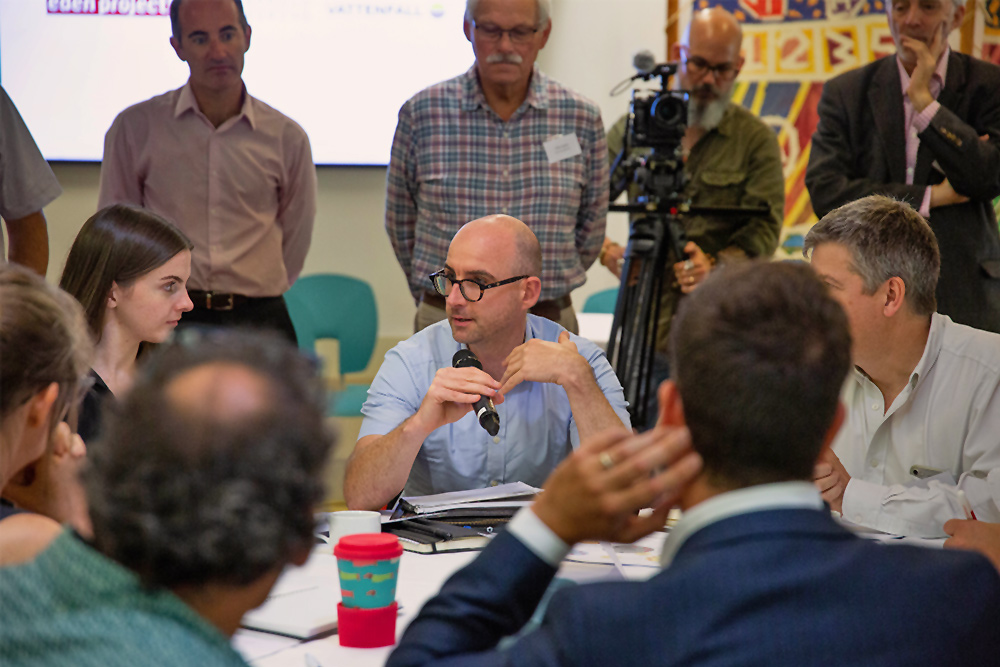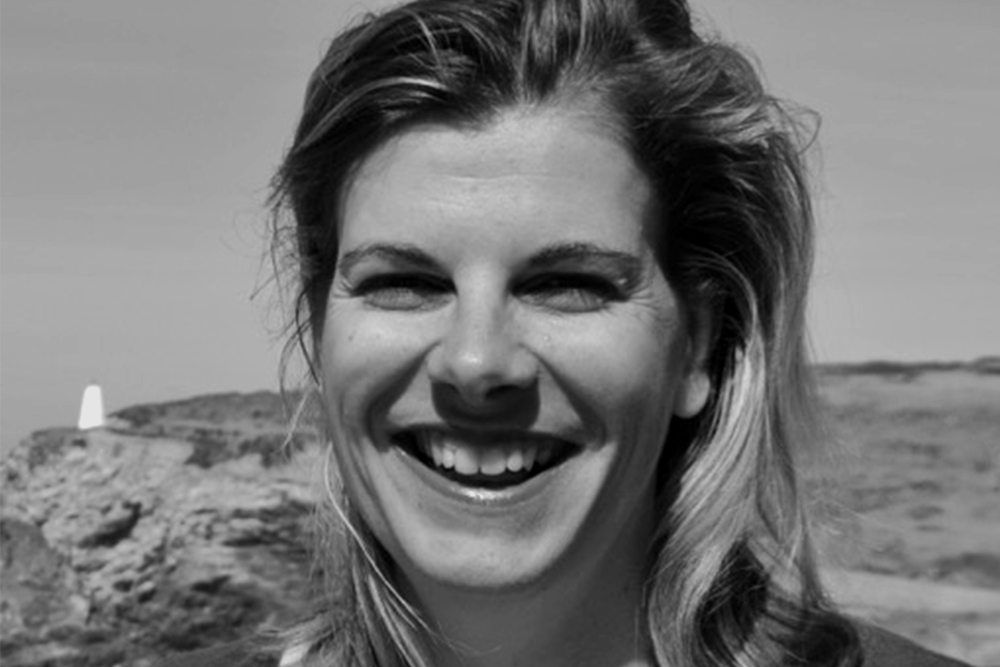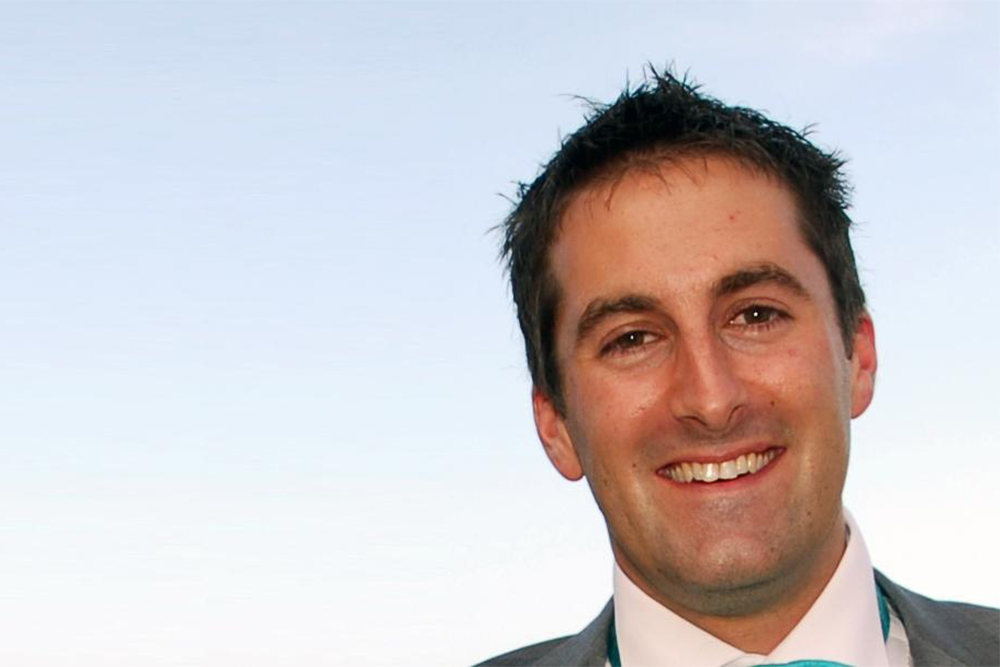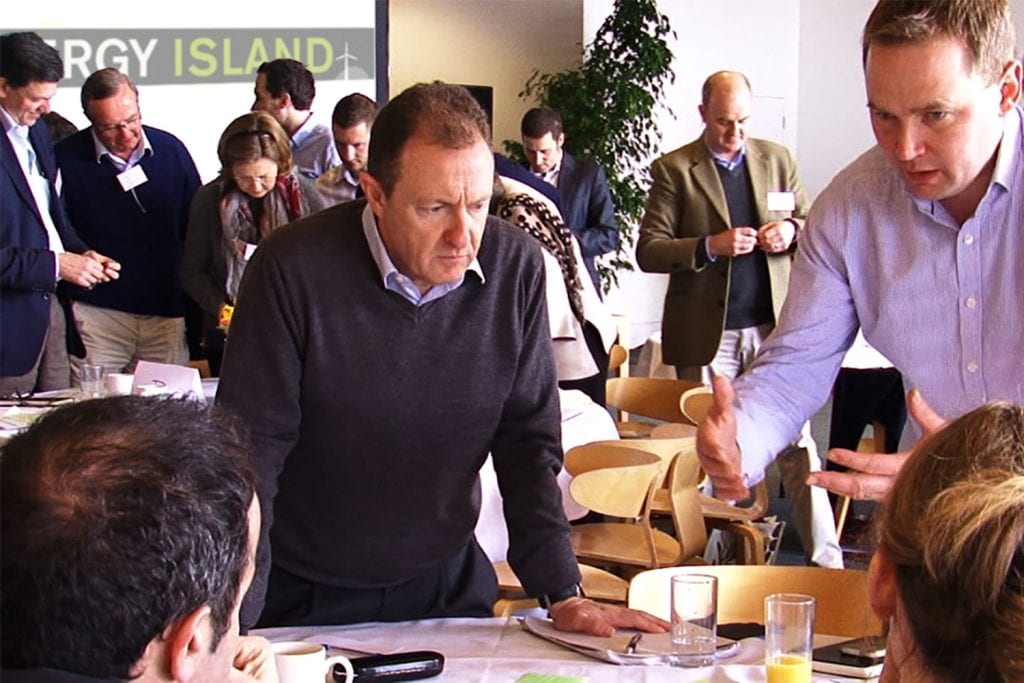
Zero Carbon Cornwall
Energy is essential to provide our daily needs and power economic activity. Our current energy systems are primarily fossil fuel based, contributing to more than 50% of global Greenhouse Gas emissions. With climate emergencies being announced around the world, the time to a net zero carbon approach is now.
Many places are also reliant on imported energy, leading to a flow of wealth out of the local economy, as well as reduced resilience.
Zero Carbon Cornwall seeks to change the status quo.
2019: Zero Carbon Cornwall
The latest interactive event – organised by Buro Happold and The Eden Project, with support from sponsors Vattenfall – saw Cornish business leaders, local government and residents come together to accelerate the county’s action against climate change by exploring ‘bottom up’ solutions and putting a strategy into action to reduce its impact on the environment.
Participants will test various scenarios to gain more information about what Cornish businesses and organisations can do to reduce their greenhouse gas emissions. It follows the publication of a plan by Cornwall Council – which was recently approved by Cornwall Council’s Cabinet – to tackle climate change in the county and help Cornwall to become carbon neutral by 2030, ahead of the Government’s national target of 2050.
Read the event write up here >
Event sponsors

How we got to here
We wanted to explore how island thinking can promote creativity in a context which is not quite an island – the peninsula of Cornwall. As an example of an ‘island’ connected to the ‘mainland’, the learning from the Cornwall context can be transferred both to mainland situations and to true islands.
To develop an Energy Island project in Cornwall, we set up a partnership with the Eden Project, and worked closely with the Cornwall and Isles of Scilly Local Enterprise Partnership (LEP), Cornwall Council and others.
We provided a neutral platform for local people to explore the future of Cornwall’s energy landscape, in a two-day workshop held at the Eden Project. By using the Energy Island metaphor, Cornwall can improve its economy by becoming self-sufficient in energy and exporting surplus to the ‘mainland’.

2015
In 2015 we held the first Energy Island workshop. The event was a great success, providing a wealth of information and exciting knowledge sharing between the attendees from across engineering, sustainability and energy industries.
We produced two publications from this work:
- The Energy Island Outcomes and Actions for Cornwall, a concise summary of the findings of the event and the implications for Cornwall.
- An Energy Island White Paper, detailing our Energy Island approach, which can be adapted to co-design of regional infrastructure systems for the 21st Century around the world.

2017
We held a follow up event to reflect on what has happened in Cornwall since 2015 and discuss what needs to happen next.
A lot happened in the two years following the 2015 event: Cornwall secured a Devolution Deal with specific mention of low carbon energy, Cornwall Council set ambitious energy targets for 2030, and £40m of ERDF funding was invested into smart and innovative energy projects across Cornwall.
We wanted to bring the community of people working on energy initiatives in Cornwall back together, and continue to build momentum. The day was a great success, getting everyone together in the room meant we could see the bigger picture and understand the connections between projects. At the end, people said that they were going to go away and find out more about the projects presented and collaborate with people they met at the workshop.
You can read the workshop outcomes report here.
What people are saying about Cornwall Zero Carbon
This event builds on three energy transition seminars to develop Zero Carbon Cornwall, a strategy to guide Cornwall’s energy transition, with a target of achieving net zero by 2030.
Steve Jermy, Board Member of the Cornwall and Isles of Scilly Local Enterprise Partnership.
Cornwall is the perfect place to test these scenarios, as I believe the county is one of the leading lights in this area, thanks to its existing renewable energy network and environmental expertise. We hope to generate new insight and help accelerate change across the county.
Duncan Price, Director of Sustainability, Buro Happold




